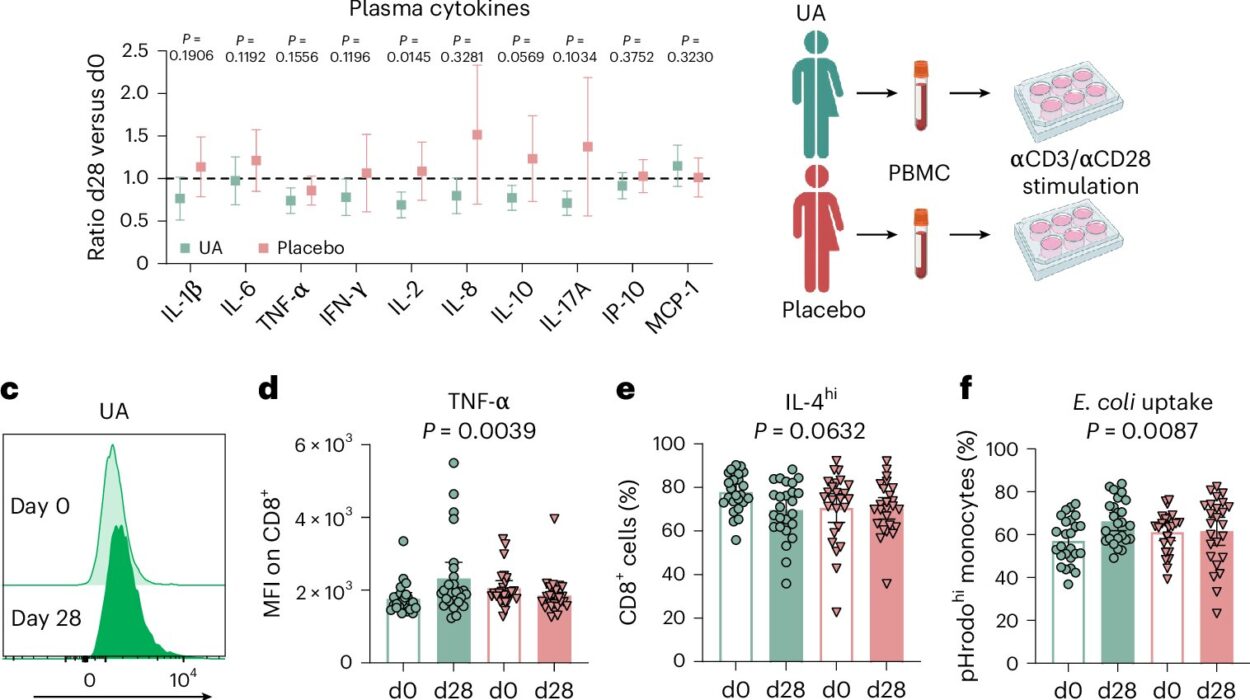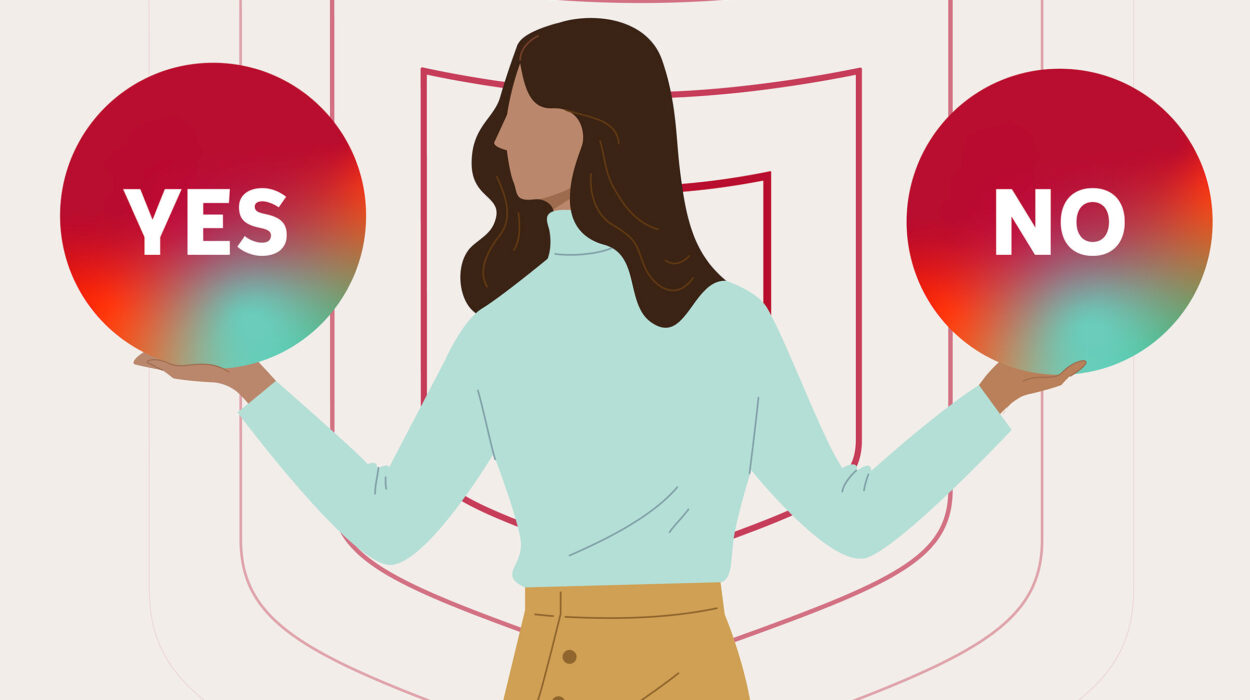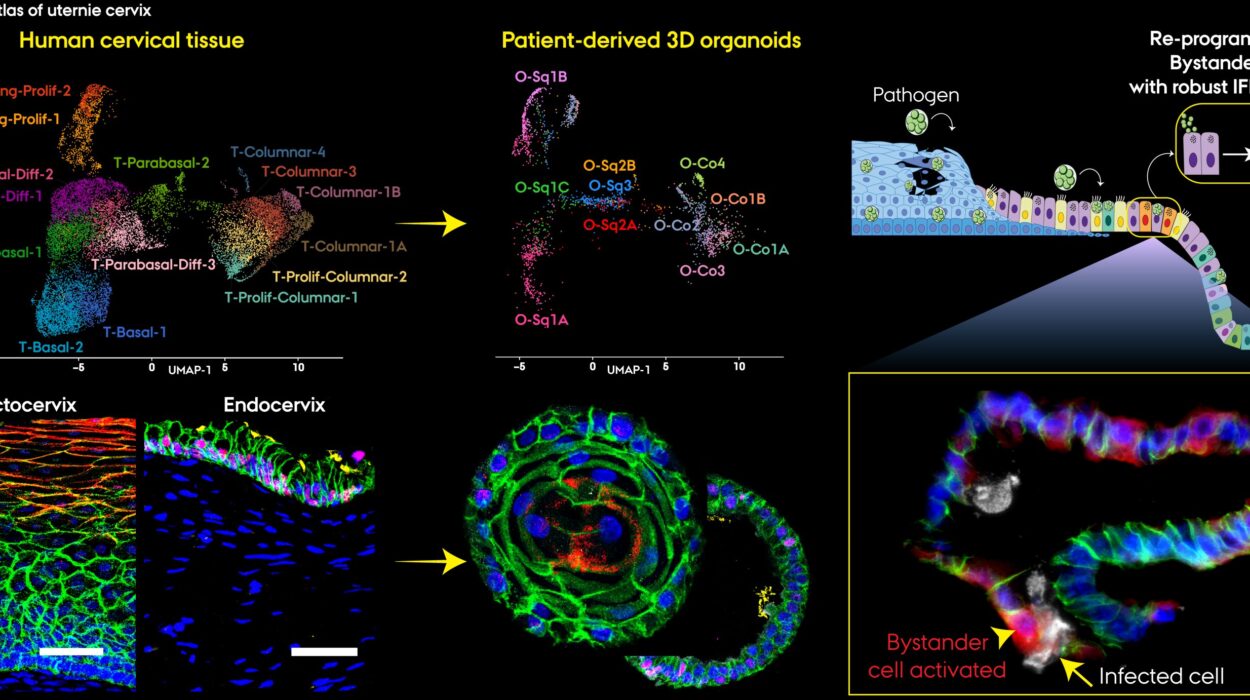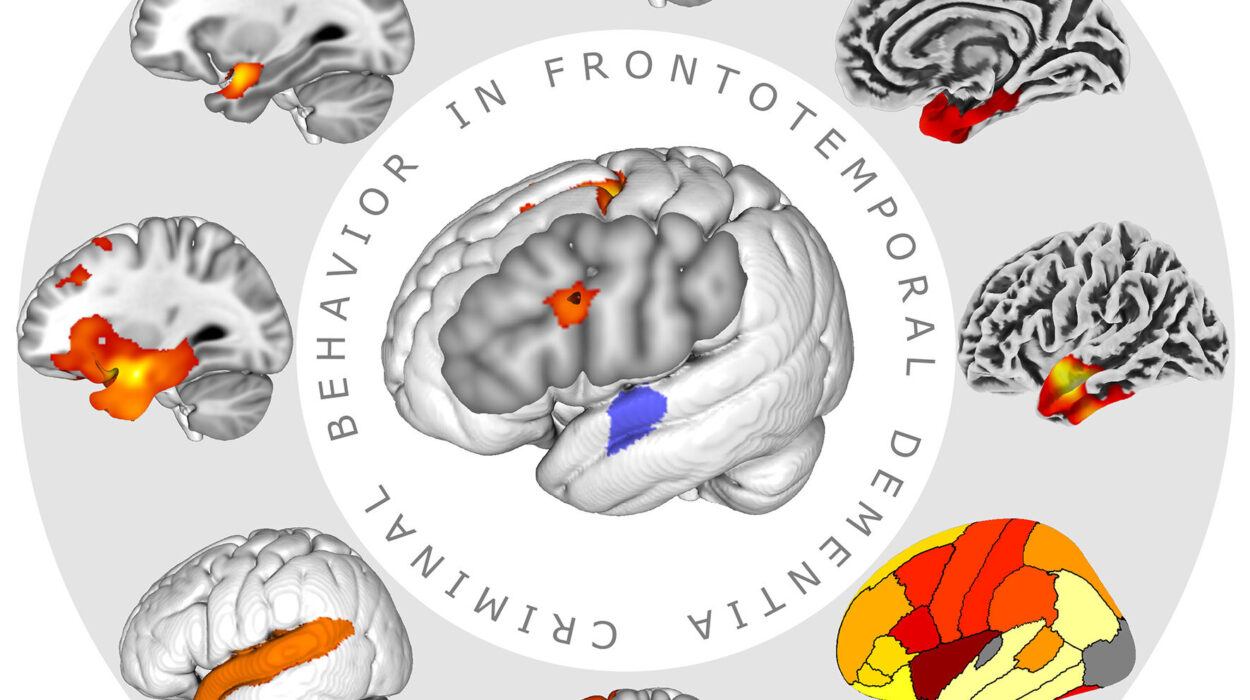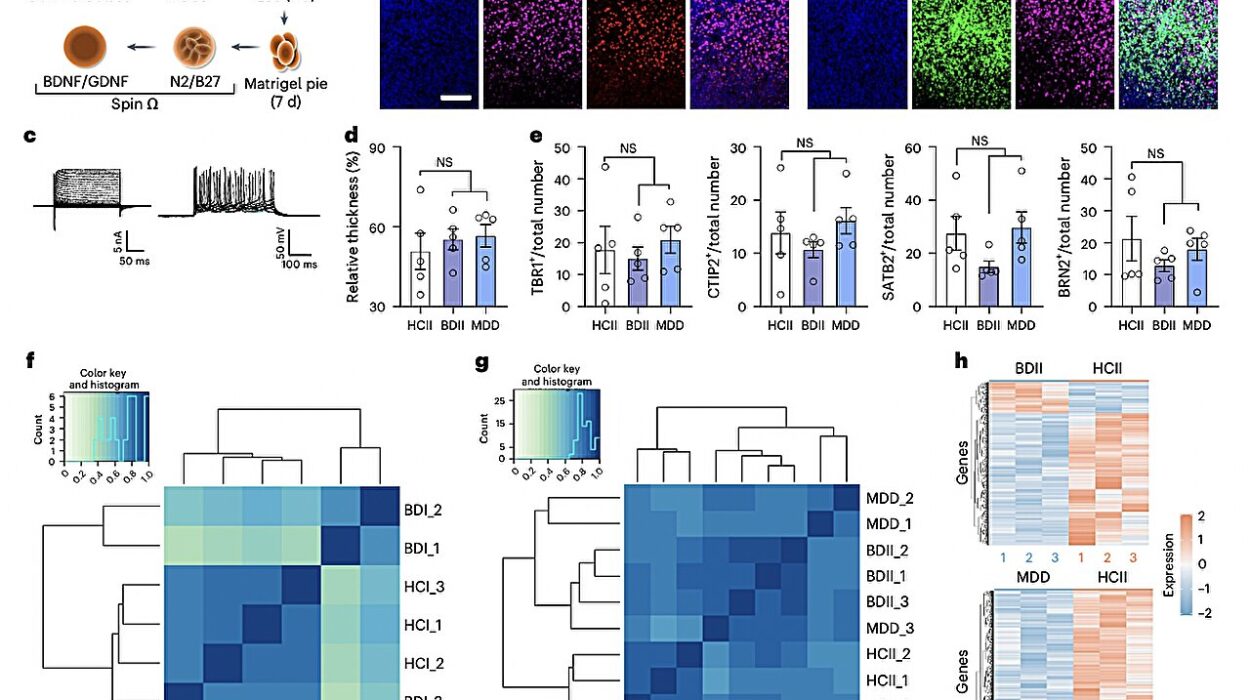Imagine a pill that boosts your memory, repairs your body, balances your emotions, regulates your metabolism, enhances your creativity, strengthens your immunity, and even extends your life. Now imagine that this pill costs nothing and is available to everyone. Sounds too good to be true, doesn’t it? Yet every night, we all have access to this miracle drug. It’s called sleep.
Sleep is one of the most profound biological processes known to science. It’s not just about recharging energy; it’s about healing, recalibrating, and sustaining life itself. Despite being a universal human experience, sleep remains one of the most misunderstood and undervalued aspects of health. In a world driven by hustle culture, screen time, and 24/7 stimulation, rest has become a rebellious act of self-care. But the science of sleep is clear: rest is not optional—it’s medicinal.
In this article, we’ll dive deep into the biology, chemistry, psychology, and cultural dimensions of sleep. We’ll explore how it works, why it matters, what happens when we’re deprived of it, and how we can reclaim the restorative power of rest. This is not just a lecture on good bedtime habits—this is a journey into the very heart of what makes us human.
What Is Sleep, Really?
At first glance, sleep seems like a period of inactivity, a shutdown of the system. But that couldn’t be further from the truth. Sleep is a highly active, complex biological process. Our brains light up in rhythmic patterns, our bodies perform maintenance tasks, and our cells get to work repairing damage. Every organ in the body, from the heart to the liver to the immune system, relies on this downtime to function optimally.
Scientifically, sleep is defined by changes in brain activity, muscle tone, and eye movements. It unfolds in cycles, typically lasting about 90 minutes each. These cycles include various stages—some light, some deep, and some dreamlike.
The two main types of sleep are Non-REM (non-rapid eye movement) and REM (rapid eye movement) sleep. Non-REM sleep comprises stages 1 through 3, with stage 3 being the deepest, most restorative phase. REM sleep is where vivid dreams occur, and it plays a crucial role in emotional regulation and memory consolidation.
The architecture of sleep is as intricate as a symphony. Each phase has a purpose, and disrupting this delicate balance can throw off not just your mood, but your metabolism, cognition, and even lifespan.
The Biological Clock: Master Timekeeper of Sleep
Our sleep-wake cycle is governed by a powerful internal mechanism called the circadian rhythm. This 24-hour biological clock is regulated by a tiny region in the brain called the suprachiasmatic nucleus (SCN), located in the hypothalamus. The SCN receives signals from light-sensitive cells in the retina, telling the body when it’s time to be alert and when it’s time to wind down.
As the day progresses, the body’s hormone levels fluctuate in tune with the circadian rhythm. Melatonin, often called the “sleep hormone,” begins to rise in the evening, helping us feel drowsy. Cortisol, the “stress hormone,” peaks in the morning, promoting wakefulness. Body temperature, blood pressure, and even gene expression follow circadian rhythms.
Disrupting this clock—through shift work, jet lag, or excessive screen time—throws our system into chaos. It’s like trying to dance to music that’s out of sync. Long-term circadian misalignment has been linked to obesity, depression, diabetes, and cardiovascular disease.
Understanding your body’s clock and aligning your lifestyle with its natural rhythms is not just about getting more sleep—it’s about achieving better health across the board.
The Stages of Sleep: A Nightly Journey
Sleep is not a uniform state—it’s a voyage through several distinct stages, each serving a unique function. The journey begins with Non-REM sleep:
Stage 1 is the gateway. It’s a light sleep where you drift in and out of consciousness. Muscles relax, and brain waves begin to slow.
Stage 2 sees a further drop in body temperature and heart rate. Sleep spindles—brief bursts of brain activity—occur here, believed to be important for memory and learning.
Stage 3 is deep sleep. It’s the most physically restorative phase. Blood flow to muscles increases, tissue grows and repairs, and the immune system is strengthened.
Then comes REM sleep, usually after about 90 minutes. The brain becomes highly active, almost mimicking wakefulness, but the body remains paralyzed to prevent us from acting out our dreams. This stage is critical for processing emotions, creativity, and forming long-term memories.
Each night, we cycle through these stages 4 to 6 times. The proportion of REM sleep increases toward morning, which is why you’re more likely to remember dreams that occur before waking up.
Why We Sleep: The Purposes Behind the Rest
So, why do we spend about one-third of our lives in this strange, unconscious state? The answer is layered and still being explored, but we know that sleep is essential for virtually every function in the body.
First, sleep is a master regulator of the brain. It consolidates learning, enhances problem-solving, and boosts emotional intelligence. During deep sleep, the brain replays memories and decides what to keep and what to discard—a process crucial for long-term learning.
Second, sleep is integral to the immune system. While we sleep, the body produces cytokines, proteins that help fight infection and inflammation. Sleep deprivation has been shown to impair immune response and increase susceptibility to illness.
Third, sleep plays a pivotal role in metabolism and weight regulation. It affects the hormones ghrelin and leptin, which control hunger and satiety. People who are sleep-deprived often crave high-calorie foods and are at higher risk for obesity.
Fourth, sleep is when the brain cleans house. Recent research uncovered a fascinating system called the glymphatic system, which flushes out waste products from the brain during sleep, including beta-amyloid—a protein associated with Alzheimer’s disease.
Sleep is not a luxury. It’s an essential biological need, as vital as food, water, and air.
What Happens When You Don’t Sleep?
The cost of sleep deprivation is staggering. Even a single night of poor sleep can affect mood, focus, and decision-making. Chronic sleep deprivation—defined as getting less than 6 hours per night regularly—can wreak havoc on nearly every aspect of health.
Cognitively, sleep-deprived individuals perform worse on memory tests, reaction time, and complex problem-solving. Microsleeps—brief, involuntary lapses in attention—can occur without warning, making activities like driving extremely dangerous.
Emotionally, lack of sleep amplifies negative emotions and blunts positive ones. Sleep-deprived brains are more reactive to stress, more prone to anxiety, and less capable of emotional regulation.
Physiologically, sleep deprivation increases the risk of heart disease, stroke, diabetes, and cancer. It leads to chronic inflammation and oxidative stress, which are root causes of many degenerative diseases.
Even more troubling is the impact on mental health. Insomnia and poor sleep quality are closely linked with depression, anxiety disorders, and even suicidal ideation. While the relationship is bidirectional—mental illness can disrupt sleep, and vice versa—it’s clear that sleep is a foundational pillar of mental wellbeing.
Dreaming: The Theater of the Mind
One of the most intriguing aspects of sleep is dreaming. Why do we dream? What do our dreams mean? These questions have fascinated philosophers, poets, and scientists for centuries.
Dreams primarily occur during REM sleep, although they can also happen during Non-REM stages. They are vivid, emotional, and often bizarre. But dreams are not just random brain static—they serve real psychological functions.
Modern research suggests that dreaming helps process emotions, rehearse threats, and integrate memories. The brain uses dreams to simulate scenarios, solve problems, and make sense of experiences. For example, people who have suffered trauma often experience recurring dreams or nightmares as the brain tries to process the emotional fallout.
Lucid dreaming—becoming aware that you’re dreaming and sometimes controlling the dream—is a phenomenon that offers exciting possibilities for therapy and creativity. Artists, writers, and inventors have often drawn inspiration from their dreams, suggesting that sleep opens doors to realms of the subconscious mind that waking life cannot access.
The Modern Sleep Crisis
We live in an age of chronic sleep deprivation. In the past century, the average person has lost about 1 to 2 hours of sleep per night. The culprits are many: artificial lighting, digital screens, shift work, long commutes, anxiety, social media, and an over-caffeinated society that treats sleep as an obstacle to productivity.
Technology has blurred the line between day and night. Our bodies evolved under the cycle of sunlight and darkness, but now we are flooded with blue light from smartphones, laptops, and TVs late into the evening. This light suppresses melatonin and delays sleep onset, disrupting the natural rhythm.
Work culture, too, plays a role. Sleep deprivation is often worn as a badge of honor, a sign of commitment and grit. But this mindset is both harmful and misguided. Productivity and cognitive performance decline sharply without proper rest. In the long run, sacrificing sleep undermines the very goals we stay up late to achieve.
Even children are not spared. The rise in school start times, screen exposure, and academic pressure has led to an epidemic of sleep disorders among teens and adolescents.
Sleep Hygiene: Reclaiming the Night
Fortunately, sleep is a skill that can be cultivated. Good sleep hygiene involves practices and environments that promote consistent, restful sleep.
Start by setting a regular sleep schedule. Going to bed and waking up at the same time each day helps regulate your body’s clock. Make your bedroom a sanctuary for sleep: cool, dark, and quiet. Invest in a comfortable mattress and blackout curtains. Avoid screens for at least an hour before bedtime, and consider using blue-light filters on devices.
Establish a calming bedtime routine. This could include reading, taking a warm bath, practicing meditation, or gentle stretching. Avoid caffeine, heavy meals, and alcohol before bed—they can interfere with sleep quality.
If you wake up during the night, don’t panic. Avoid looking at the clock or checking your phone. Instead, practice slow breathing or visualization techniques until you drift back to sleep.
While these practices may seem simple, their cumulative effect can be profound. Over time, you’ll find that sleep becomes not just easier, but more deeply restorative.
Napping: Friend or Foe?
Short naps can be a powerful tool for boosting energy and performance. A 10-20 minute nap can enhance alertness, mood, and cognitive function without leaving you groggy. However, longer naps—especially in the late afternoon—can interfere with nighttime sleep.
The key is strategic napping. If you’re sleep-deprived or working irregular hours, a nap can help rebalance your system. But it’s not a replacement for nighttime sleep. The body needs full cycles of REM and deep sleep to function optimally.
Sleep Across the Lifespan
Sleep needs change over the course of life. Infants spend up to 16 hours a day sleeping, with half of it in REM. As children grow, their sleep duration decreases but remains crucial for development.
Teenagers face a unique challenge. Their circadian rhythms shift naturally, making them feel sleepy later at night. Yet early school start times force them to wake up before their bodies are ready. This mismatch leads to chronic sleep deprivation during a critical period of growth.
Adults typically need 7–9 hours of sleep per night. Unfortunately, many fall short due to work, parenting, or lifestyle choices. As people age, sleep becomes lighter and more fragmented, but it’s still just as essential.
The Future of Sleep Science
New research is continually unveiling the mysteries of sleep. From wearable tech that monitors sleep cycles to genetic studies exploring why some people need less sleep than others, the field is exploding with discoveries.
There’s growing interest in chronotherapy—treating illness by aligning treatments with the body’s circadian rhythms. We’re also learning more about the relationship between sleep and neurodegenerative diseases like Alzheimer’s, offering hope for early interventions.
Sleep medicine is evolving, too. Cognitive behavioral therapy for insomnia (CBT-I) is emerging as a powerful, non-pharmacological treatment for chronic sleep issues. Personalized sleep plans, based on genetic and behavioral data, may one day become standard.
Conclusion: Sleep Is Sacred
Sleep is not a passive state; it’s an active, dynamic, and healing process. It’s nature’s most powerful medicine, freely available yet often neglected. In a world that rewards hustle and punishes rest, reclaiming our right to sleep is an act of wisdom—and rebellion.
Whether you’re a student cramming for exams, a parent juggling responsibilities, or a professional chasing deadlines, remember this: no achievement is worth sacrificing your health. Sleep is not the enemy of success; it is the foundation of it.
So tonight, when you lay your head on the pillow, know that you are not wasting time. You are engaging in the most profound self-care your body and mind could ever ask for.
Because in the stillness of sleep, healing begins. In the quiet of dreams, the mind is made whole. And in the sacred rhythm of rest, life itself is restored.

